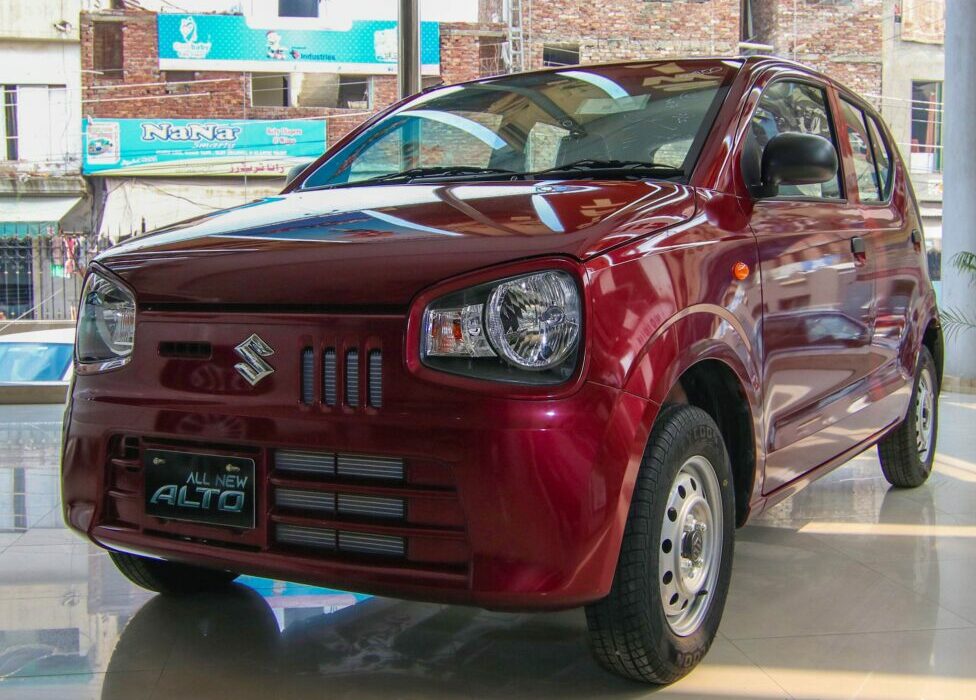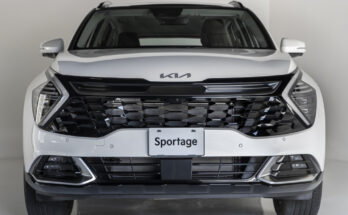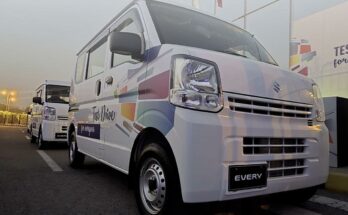Imports of used cars have once again come under fire from the country’s auto industry and its major stakeholders. Following the Indus Motor Company (IMC) chief’s recent tirade, local parts manufacturers are now taking action to express their rage at used car imports.
According to media reports, auto parts suppliers in Pakistan, who spent billions on localization and the importation of robots in preparation for the growth of the domestic auto industry, are currently dealing with an unstable economic environment made worse by a rise in used car imports, which poses a threat to their business and workforce.
Related: IMC- Optimism or Empty Rhetoric?
The report says these vendors had made significant investments ahead of Toyota’s plans to launch the country’s first hybrid electric vehicle (HEV) and other models, just before the ongoing economic crisis unfolded some 17 months ago. However, the government’s recent liberalized policy on used car imports has dealt a severe blow to these vendors, who have managed to retain their workforce despite a sharp reduction in production, currently operating at around 30% compared to over 100% capacity utilization earlier in 2022.
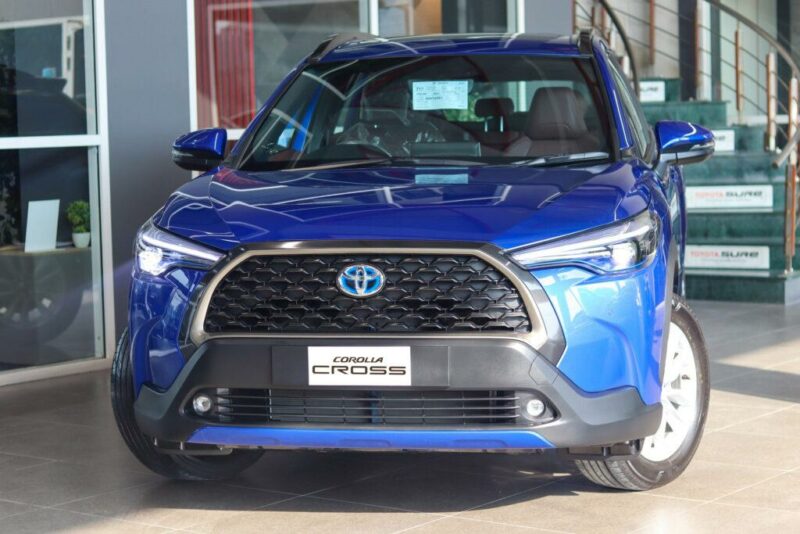
It’s interesting that the upcoming Toyota Corolla Cross is consistently referred to as Pakistan’s first hybrid in local media, blatantly ignoring Sazgar’s locally assembled Haval H6 hybrid which rolled off the assembly lines in November 2022. The Corolla Cross won’t be Pakistan’s first hybrid, but it will likely be the first from the Big 3.
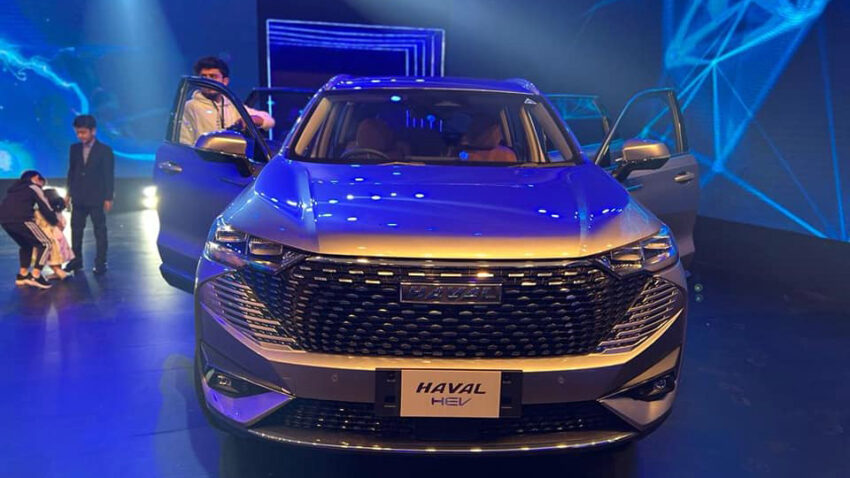
A group of journalists paid visits to Agriauto and SPEL, two auto parts producers, and learned that they are going through difficult times that have been made worse by the rise in used car imports at a time when Pakistan is struggling with a lack of foreign exchange reserves, the report said. Due to the current weak demand, rapid inflation, and higher taxes, auto original equipment manufacturers (OEMs) saw a 55% decline in volume during FY2023, and auto parts manufacturers’ production has shrunk to less than 30% of that level. According to Mohsin Siddiqui, General Manager of Plant at Agriauto:
“We manufacture 459 dies and 155 parts for the auto industry, and we invested billions of rupees from 2019 to 2023. However, due to the current issues facing the industry, our production has plummeted to less than 30% from 140%.”
Mohsin revealed that they spent Rs 2.5 billion on the Toyota Cross, Pakistan’s first hybrid electric vehicle, but that their overall investments are being negatively impacted by the current supply and demand problems in the auto sector. He went on to point out that imported used cars captured a 25% market share in July this year.
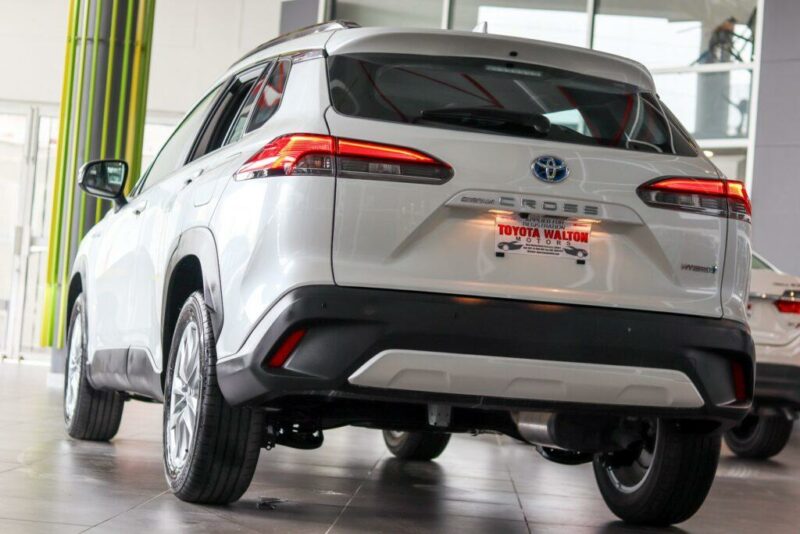
However, Mohsin needs to mention how much “hybrid” content of the Corolla Cross, the so-called Pakistan’s first HEV will be produced locally. Do the local vendors plan to develop the battery and motor, or will they only produce something that we can “touch & feel” like they would with any non-hybrid vehicle?
Related: Why Used JDM Cars Are Considered a Threat to Local Assembled Ones
Here local industry stakeholders need to clearly understand that no one would want to spend a hefty amount on buying a used car without a warranty in the presence of locally available options with after-sales support. If people are still preferring used cars over brand-new ones, then there are some serious flaws in the product, the operations, and the overall management of the local industry which is to be blamed, not the used cars.
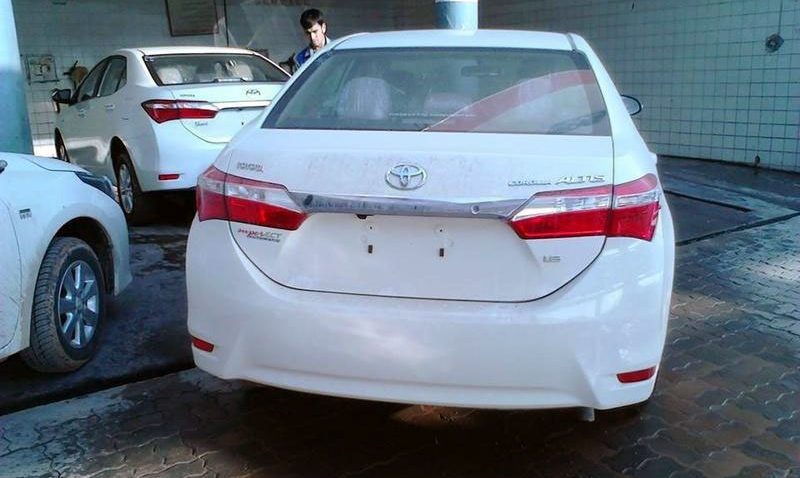
Over-expensive locally assembled cars with questionable build quality, lack of features & missing safety equipment, and exceptionally prolonged deliveries with 90% of new cars needed to be purchased by spending premium/ on-money is something no industry stakeholder will ever talk about. But yes the easiest thing they could do is to blame the used car imports, which are nothing more than a couple of hundred units a month.
Related: Non-Production Days and Insufficient Localization
Mohsin added that despite achieving substantial localization, sluggish demand due to the low purchasing power of customers amid record-high interest rates has been undermining the growth prospects of local auto parts manufacturers. He again failed to make a point about why despite achieving substantial localization, car prices remain 100% vulnerable to exchange rates. In some cases, the price increase was even more than the depreciation percentage of currency value.
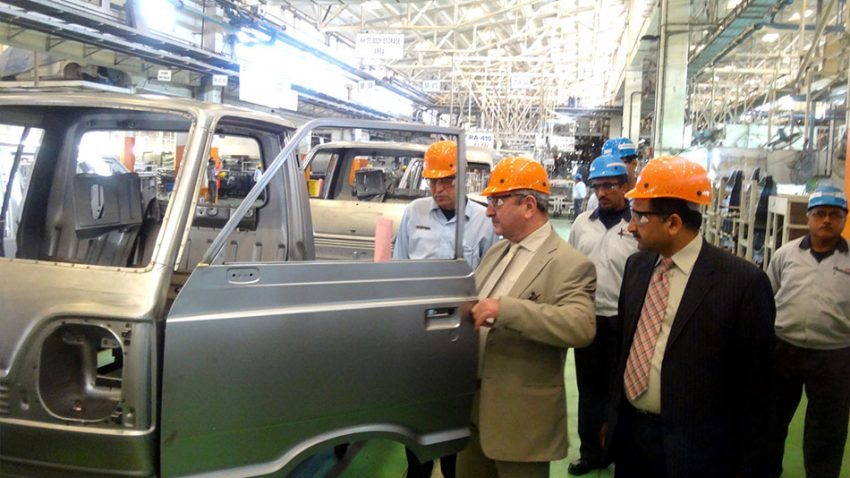
“The auto market is likely to remain subdued, with an expected decline in sales of 8 to 10% during FY2024,” said Mohsin, emphasizing that this would adversely impact the vendors’ efforts to promote ‘Made in Pakistan’ production and contribute to the localization of the auto industry.
Related: Local Assemblers and Their Allergy to Used Car Imports
Synthetic Products Enterprises Limited (SPEL), another automotive parts manufacturer, expressed similar concerns, stating that auto parts manufacturers are burdened at every level due to the current economic turmoil. According to Mirza Sikander Baig, General Manager of Plant at SPEL.
“The current uncertainty in the local auto industry is causing unemployment and wastage of millions of rupees invested in machinery and infrastructure. We invested Rs700 million in our Karachi plant in 2021 and imported robots for the production line, with an investment of Rs30 million to design 35 molds for plastic interiors.”
Sikander added that the auto industry’s capacity dropped from 60% in August 2022 to just 19% in June 2023.
Related: Car Buyers Saw Unprecedented Price Hikes in PDM Regime
Rather than laying the entire blame for the problem on a small number of used car imports, local auto industry stakeholders together with the government should come up with plans to improve the industry as a whole. Despite being the fifth most populous nation in the world, we always dangle around the 200,000-unit vehicle production mark annually due to an oligopolist market with few options and unchecked capacity utilization that perfectly maintains a demand-supply gap.
It’s a simple fact that no one with a rational mind would choose used cars over brand-new ones if there were quality options available at reasonable prices with faster deliveries. Time for stakeholders to understand the basics.

A computer animation professional with over 23 years of industry experience having served in leading organizations, TV channels & production facilities in Pakistan. An avid car enthusiast and petrolhead with an affection to deliver quality content to help shape opinions. Formerly written for PakWheels as well as major publications including Dawn. Founder of CarSpiritPK.com

